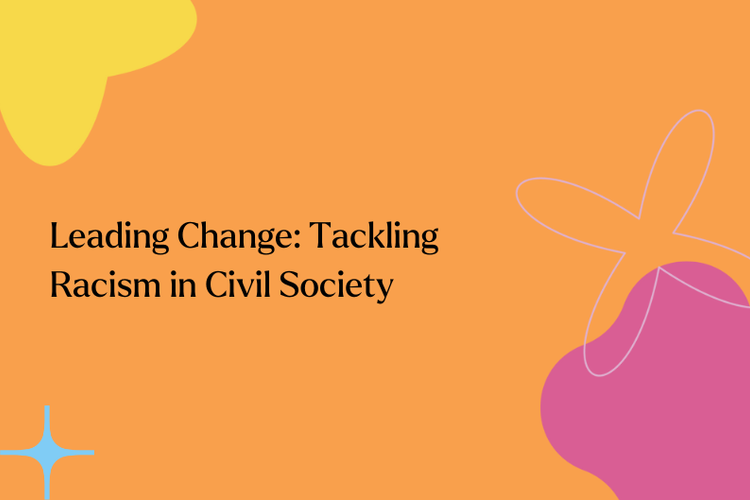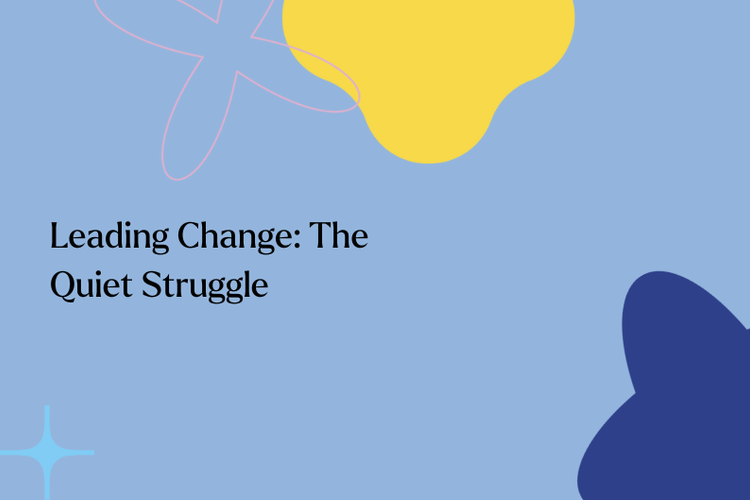
A lot of progress has been made in the UK to create inclusive workplaces where LGBTIQA+ employees can be themselves and have equal opportunities, however according to recent Stonewall research more than a third of those in the UK still hide their sexuality due to fear of discrimination. With the recent UK census showing there are over 2 million people that identify as LGB+*it is clearly important more is done to ensure all LGBTIQA+ people feel comfortable being themselves at work.
A lot of LGBTIQA+ history is still very recent on a global scale, with LGBTIQA+ rights still developing in some parts of the world, and with retrograde steps taking place even in Europe; Poland have faced political changes in the last few years which have persecuted the LGBTIQA+ communities, and it was only a few weeks ago that Pope Francis said that laws criminalising LGBTIQA+ people are a “sin” and an injustice, speaking in support of the LGBTIQA+ community, however the Catholic Church still stand firm on not permitting the sacramental marriage of same-sex couples.
The still developing nature of LGBTIQA+ rights highlights there is still more to be done, we cannot be complacent, and it is importance that we mark occasions such as LGBT+ History Month** to maintain awareness and keep people informed of LGBTIQA+ issues, but more so we maintain the awareness and conversations 365 days of the year.
It has only been 20 years since the abolition of Section 28 in the UK, and 10 years since the UK Marriage Act gave same sex couples the same rights as heterosexual couples, all of this has happened within our Head of Marketing and Communications lifetime; we asked Patrick Worthington what LGBT+ History Month means to him, and what advise he would give to organisations to make their LGBTIQA+ colleagues feel included at work.
We know you don’t always speak that openly around LGBTIQA+ topics, why is that?
I'm known for being a little controversial in my opinions, as Pride celebrations have always made me feel a little uncomfortable. However, I think it is incredibly important to reflect on what “pride” really means, how it all began and, most importantly, reflect on the relevance today – therefore I really embrace LGBT+ History Month.
It’s probably important to start by clarifying why Pride celebration make me feel a little uncomfortable. Walking towards my first Pride march in Manchester, I could see hundreds of floats with glaring logos from different companies. One float was for the company I worked for at the time, that I knew weren’t particularly LGBTIQA+ friendly, which made me wonder “if you have the money to take part, can you just have a float?". This made me question the authenticity of Pride marches; if anyone can take part, with no criteria, is it just a big commercial festival where organisations can jump on the “rainbow bandwagon” for some good PR?
Don’t get me wrong, I still celebrate Pride, and see a huge importance in what it stands for, and know that a large proportion of the organisations that do get involved support the LGBTIQA+ community, but I feel the message of what Pride is has been diluted. I believe Pride should stay true to it’s origins, standing up for people’s rights, and celebrating the freedoms some of the LGBT+ community now have. It should be a time to raise awareness of those differences, educate people on why it is wrong to treat people differently, and stand up and put pressure on those that can enforce positive changes.
Whenever any of my friends question my views on the Pride parade, I will always tell them to watch the film Pride to see what a true Pride march should look like. For anyone that hasn’t seen it, I would highly recommend it, as not only does it document key moments in British Pride history - and in fact the history of the miners (two things I never thought went together but learnt from the film) - but it also happens to be British comedy gold!
You said you embrace LGBT+ History Month, is there a specific part of LGBTIQA+ history that resonates with you?
Yes, and interesting reflects the coincidence that the UK celebrates LGBT+ History Month in February, whilst North America celebrate Black History Month– for me the two come hand in hand.
If you don’t know the history of Pride month (which occurs in June) it is celebrated due to the Stonewall Riots that took place in the early hours of 28 June 1969 in New York, due to a police raid at an LGBTIQA+ club called “the Stonewall Inn”. Armed with a warrant, police officers forcefully entered the club; this wasn’t the first raid of an LGBTIQA+ establishment, violent police raids happened frequently in the LGBTIQA+ community, however on this night people reacted differently.
The riots continued in the area for 5 days and involved thousands of people. On the one-year anniversary of the riots, thousands of people marched in the streets of Manhattan from the Stonewall Inn to Central Park - this is seen as the first recorded gay pride parade in America, and the world, and the start of a gay rights movement in the USA, Canada, the UK, Europe and many other countries around the world.
However, to me, what is most important about the Stonewall riots is the intersectionality of those involved. Accounts vary from the ignition of the riots, but three names are commonly quoted: Stormé DeLarverie, a dual heritage lesbian activist, Marsha P. Johnson, a Black transgender woman, and Sylvia Rivera, a Latino drag queen. These three modern day heroines, and a large majority of those that joined them, were of minority ethnic origin. For me, celebrating Pride is a time I reflect and thank these people for giving me the rights and day to day freedoms I have to be myself in today’s society.
I think it is important, even as someone in the LGBTIQA+ community, to reflect on the intersectionality of those in the community – we all identify as some part of LGBTIQA+, but we all have our own unique backgrounds and experiences, we don’t fit into one box; we should all take time to talk to each other, understand our differences and perspectives, and celebrate the LGBTIQA+ community in all its nuances.
I think it is also hugely important that we respect our history, and we understand what power and privilege we now have as an LGBTIQA+ community in the UK, thanks in part to those that took part in the Stonewall riots; we should do all we can to stand up and support others who still face discrimination in society, whether that be LGBTIQA+ people in other countries, or people discriminated due to their race, gender, disability or whatever other reason society decides to discriminate against them.
In part, this is why I joined Cadence Partners, as their purpose is to create a more equitable, just and representative society, where everyone has an opportunity, whatever their background, and all my colleagues genuinely share that same purpose. It is also why, in May 2020, I showed my full support for the Black Lives Matter movement, as I enjoy the acceptance, rights and freedoms I have today, because of the Pride movement, a black movement, that started 54 years ago.
What can people do in the workplace to support LGBTIQA+ colleagues, not just for LGBT+ History Month, but for all 365 days of the year?
It is important to point out, LGBTIQA+ history isn’t all focused around discrimination, activists and LGBTIQA+ rights, there are many LGBTIQA+ people famous for writing, acting, painting, singing, designing, inventing, sports, and even mathematicians that helped end wars! LGBTIQA+ history has also often been tarnished by misinformation by the media, particularly events like the AIDS pandemic in the 1980’s, so sharing resources with colleagues to access correct information and stories of LGBTIQA+ history is a great start.
Even today, you can open up new sources to read about Scotland’s Gender Recognition Reform Bill, and there is unfortunately a lot of anti-trans misinformation portrayed; misinformation in the media can mean that many people don’t realise what it means to be trans and what a difference legal changes would make. Even sources we see are impartial for news have had to apologise for poor language in headlines or misinformation contained in their articles. The fact we are in 2023 and debates around trans rights exist in the UK emphasises the need for us all to learn and better understand these issues, hear from those in the community and recognise what trans and non-binary gender people are going through personally. Stonewall have some fantastic links and resources on their website such as "the truth about trans".
Like with any diverse background, learning about the history of the communities is the first step for colleagues to understand, open up and feel comfortable to talk about topics and issues related to that community. Take accountability, listen and learn about people’s lived experiences, to better understand what they experience, and what they might differ to yourself.
LGBTIQA+ history is often left out of school curriculum, so you shouldn’t feel guilty if you don’t know much about it – you’re not alone! I think if more information had been available in schools growing up it would have helped stop some of the discrimination LGBTIQA+ people receive today; thankfully schools are improving, and our younger generations are far better formed, and as a result are becoming a far more inclusive generation!
A very easy thing you can do is to promote the visibility of LGBTIQA+ people within the organisation by inviting these colleagues to share their experiences, or on an individual level take time to speak to your LGBTIQA+ colleagues. Don’t be afraid to have difficult conversations, challenge yourself and ask questions you might think are “silly” to ask; it is important to step out of our comfort zones and not be complacent. Not only will you learn about LGBTIQA+ life, but you’ll learn more about your colleagues, their perspectives on life and learn how to avoid discriminating or associating stereotypes of them.
This year’s theme for LGBT+ History Month was ‘Behind the lens’ focusing on the media, film and TV industry, which may have been quite hard for some organisations outside of the sector to relate to. However, I would say there is no better place to start a conversation than watching LGBTIQA+ films that depict important parts of LGBTIQA+ history, and then starting a discussion around the issues and perspectives that they show of the community.
Many digital streaming services have created their own sections for LGBT+ History Month, but a few films I would personally recommend are below; some focus on LGBTIQA+ issues, the dilemmas people can go through coming to terms with their identity, and others are dramatized historical documentaries:
* https://census.gov.uk/census-2021-results/phase-one-topic-summaries/sexual-orientation-and-gender-identity
** https://lgbtplushistorymonth.co.uk/






















